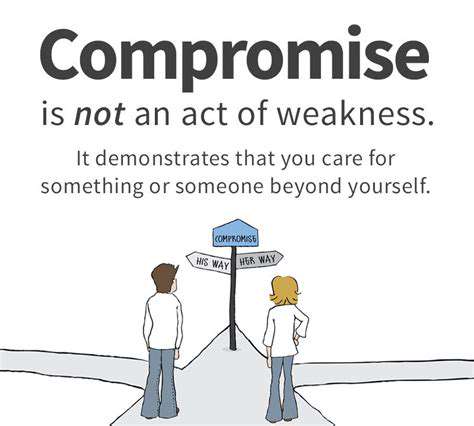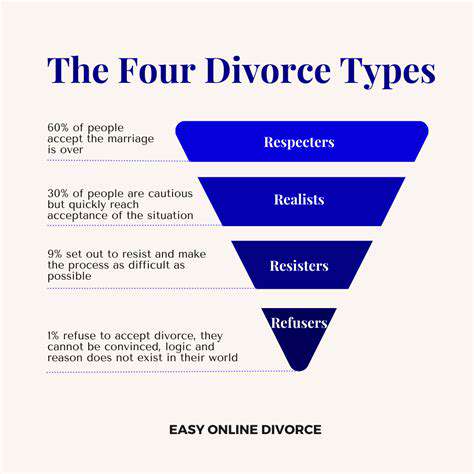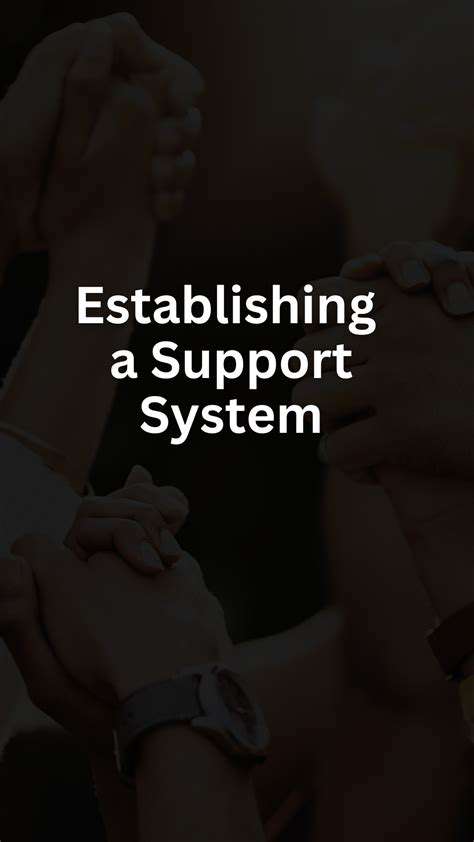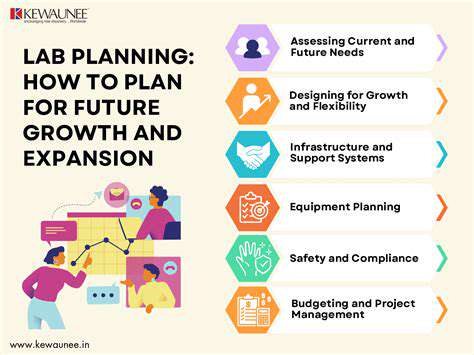Legal Guide to Divorce Agreement Negotiation
Outline
Compile accurate financial records before divorce negotiations.
Gather personal documentation to support negotiation proposals.
Consult legal experts for tailored negotiation guidance.
Understand legal terminology to communicate effectively.
Clear documentation strengthens your negotiation strategy.
Seek professional support to navigate complex divorce issues.
Active listening enhances the likelihood of satisfactory agreements.
Clear communication avoids misunderstandings in negotiations.
Consider long-term financial implications of your divorce agreement.
Child custody terms should prioritize children's best interests.
Legal provisions for future modifications must be clearly defined.
Future relationships may alter after divorce; plan accordingly.
Understand all components of the divorce agreement.
Legal representation is crucial for ensuring fair terms.
Review the agreement post-finalization to maintain legal validity.
Preparation: Gathering Necessary Information
Understanding Financial Records
Before starting negotiations, create a detailed inventory of all financial matters. This goes beyond basic income reports to include credit card statements, retirement accounts, and even digital assets like cryptocurrency holdings. Let’s say you own a vacation property - getting it professionally appraised removes guesswork about its current market value. Incomplete or outdated records often lead to prolonged disputes, so double-check every figure with bank statements and receipts.
I’ve seen cases where hidden accounts surfaced months after agreements were signed. To avoid this, request full disclosure through formal legal channels. A forensic accountant might be worth hiring if you suspect financial dishonesty. They can trace irregular transactions and ensure all assets are accounted for during division talks.
Gathering Personal Documentation
Beyond financial paperwork, collect evidence of parenting contributions. School meeting attendance records, medical consent forms, and text messages about childcare arrangements can all strengthen custody claims. For example, if you’ve been the primary caregiver, documented proof of daily routines carries more weight than verbal assertions.
Protect sensitive materials by using encrypted cloud storage with two-factor authentication. I recommend creating physical copies too - store them with a trusted friend or in a safety deposit box. Remember that deleted social media posts sometimes resurface in court; archive anything relevant to your case.
Consulting with Legal Experts
Lawyers do more than file paperwork. They anticipate loopholes in proposed agreements. During my cousin’s divorce, her attorney noticed a clause that would’ve let her ex claim future stock options. Divorce Agreement specialists understand state-specific nuances - in some regions, inherited assets remain separate property if never commingled.
Consider bringing a financial mediator early in the process. These neutral parties often identify creative solutions, like trading a 401(k) percentage for full ownership of the family home. Their input prevents the common pitfall of fixating on individual assets rather than the overall financial picture.
Understanding Your Rights and Obligations

Familiarizing Yourself with Legal Terminology
- Alimony calculations vary based on marriage duration and income disparity
- “Legal separation” carries different implications than divorce in some states
- “QDRO” (Qualified Domestic Relations Order) governs retirement account divisions
When reviewing your Legal terminology, focus on jurisdiction-specific definitions. In Texas, “community property” means 50/50 splits by default, while New York uses equitable distribution. I once worked with a client who mistakenly assumed all states recognize common-law marriage - this misunderstanding nearly cost her rightful assets.
The Importance of Documentation
Thorough records transform abstract claims into verifiable facts. If arguing for a larger asset share due to career sacrifices, provide evidence like declined promotion offers or educational certificates obtained during the marriage. A timestamped journal of domestic responsibilities can quantify non-financial contributions courts often overlook.
For business owners, valuation disputes are common. Retain copies of all business licenses, partnership agreements, and profit/loss statements from the marriage period. In one case, having five years of QuickBooks exports helped a client prove her ex inflated company debts.
Seeking Professional Support
Professional help extends beyond lawyers. Child psychologists can advise on custody schedules that match developmental needs, while vocational experts assess earning potential if one spouse needs retraining. During a recent mediation, a financial planner revealed how keeping the marital home would actually drain my client’s resources due to maintenance costs - this insight redirected the entire negotiation.
Effective Communication During Negotiations
Understanding the Importance of Active Listening
True listening means hearing the subtext. When an ex insists on keeping the dog, maybe it’s about emotional attachment rather than property value. Mirror their language: “I hear you’re concerned about maintaining stability for the children during school years.” This builds rapport and surfaces hidden priorities.
Avoid solutioneering - don’t jump to fix perceived problems. Instead, ask probing questions: “Help me understand why Tuesday/Thursday visits don’t work.” You might discover their work schedule changed, not opposition to your parenting time.
Strategies for Clear and Concise Communication
Use visual aids during complex discussions. A shared spreadsheet comparing asset division scenarios prevents “But I thought we agreed...” conflicts. For emotional topics, implement a “pass the talking stick” rule - no interruptions until the speaker finishes.
Replace accusatory “you” statements with collaborative framing: Instead of “You’re hiding assets,” try “Let’s ensure full transparency so we both feel protected.” This reduces defensiveness while maintaining accountability.
Consideration of Future Implications

Understanding Long-Term Financial Consequences
Run projections for different life scenarios using tools like NewRetirement or Personal Capital. What if you remarry? Become disabled? The Long-Term Financial Implications of accepting lower alimony for more assets could backfire if markets crash. Always model worst-case scenarios alongside optimistic forecasts.
Impact on Child Custody and Support
Build flexibility into agreements. Instead of fixed summer schedules, include options for alternating years or splitting vacations. For Best Interests of the Child, add clauses requiring mutual consent for school changes or major medical decisions. I’ve seen rigid agreements break down when teens develop anxiety about switching homes weekly.
Legal Considerations and Future Modifications
Specify trigger events for renegotiation - job loss exceeding six months, serious illness, or relocation beyond 50 miles. Require mediation before court filings to reduce adversarial proceedings. One client avoided years of conflict by including mandatory financial disclosures every three years.
Finalizing the Divorce Agreement

Understanding the Components of a Divorce Agreement
Treat the agreement as a living document. Include digital asset protocols - who keeps Netflix profiles? What happens to cryptocurrency wallets? Address pet custody formally, as courts increasingly recognize companion animals’ emotional value beyond property status.
The Role of Legal Representation
Your Legal Representation should audit the final draft for sneaky clauses like overbroad non-disparagement terms or vague expense-sharing formulas. I recently caught a provision making my client liable for 100% of college costs despite 50/50 custody - an obvious red flag.
Post-Agreement Steps and Considerations
Update all beneficiary designations within 30 days - ex-spouses accidentally inheriting assets is more common than you’d think. Create a divorce binder with tabs for legal documents, contact lists, and compliance checklists. Schedule annual reviews with your attorney to ensure terms remain practical as circumstances evolve.











